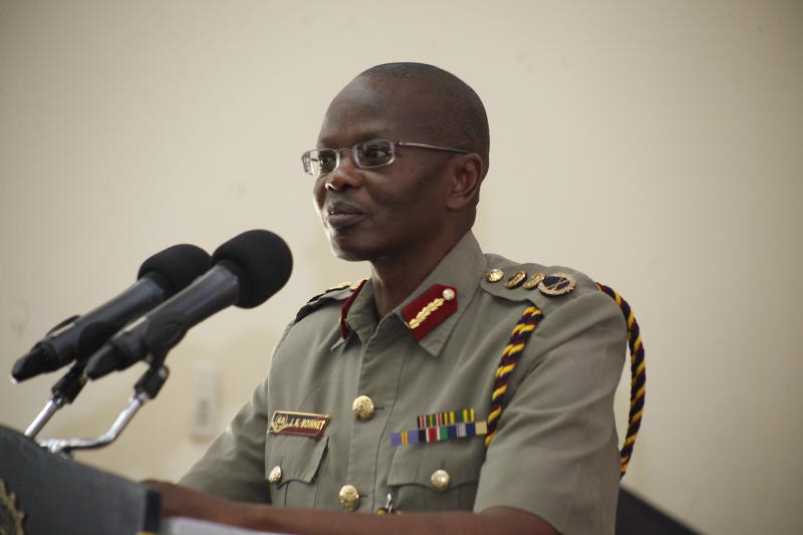×
The Standard e-Paper
Home To Bold Columnists

Inspector General of Police Joseph Boinet during a meeting with Police Commanders from the entire country at the Kenya School Of Government in Nairobi. [PHOTO:WILBERFORCE OKWIRI/STANDARD]
The time taken by the police to respond to distress calls is expected to reduce following steps taken by the authorities.